Chatbots Unleashed: A Step-by-Step Guide to Building an AI-Powered Customer Service Solution
The Future of Customer Engagement: How AI-Powered Chatbots are Transforming Businesses Are you struggling to keep up with the ever-increasing demands of your customers? Do long wait times and repetitive inquiries drain your resources and frustrate your audience? The modern business landscape demands agility and personalized experiences, and that’s where ai powered customer service chatbots step in. These intelligent virtual assistants are no longer a futuristic fantasy; they’re a powerful reality driving efficiency and enhancing customer satisfaction across industries. This post will explore the rapidly evolving world of AI-powered customer service, covering trends, benefits, and practical applications for businesses of all sizes. We’ll also delve into how these bots are impacting other key areas like crypto investments and alternative investments. The Rise of Intelligent Customer Interactions: Why AI Chatbots Matter The shift towards customer service automation is more than just a technological upgrade; it's a fundamental change in how businesses connect with their customers. Traditional customer service models often fall short in today’s fast-paced environment. Human agents are expensive, availability is limited, and consistency can be an issue. AI powered customer service chatbots offer a scalable, cost-effective alternative that can handle a high volume of inquiries around the clock. But these aren't the clunky, scripted bots of the past. Modern AI chatbots leverage natural language processing (NLP), machine learning (ML), and deep learning to understand customer intent, personalize responses, and even learn from interactions. This allows them to provide increasingly sophisticated and helpful support. Here are just a few of the reasons why ai powered customer service chatbots are becoming indispensable: 24/7 Availability: Provide immediate support, even outside of business hours. Reduced Costs: Automate routine tasks and free up human agents to focus on complex issues. Improved Customer Satisfaction: Reduce wait times and provide instant answers. Personalized Experiences: Tailor interactions based on customer data and preferences. Data-Driven Insights: Collect valuable data on customer behavior and pain points. Key Trends Shaping the Future of AI-Powered Customer Service The field of AI is evolving at a breakneck pace, and the advancements in ai powered customer service chatbots are particularly noteworthy. Here are some of the key trends to watch: Hyper-Personalization: Chatbots are moving beyond basic personalization to offer truly individualized experiences based on real-time data and predictive analytics. This includes recommending products, offering tailored solutions, and anticipating customer needs. Omnichannel Integration: Seamlessly integrate chatbots across multiple channels – website, social media, messaging apps, and even voice assistants – to provide a consistent customer journey. Customer service automation needs to be pervasive. Proactive Support: Chatbots are becoming proactive, anticipating customer issues before they arise. This might involve offering assistance with a complex task or providing updates on order status. Enhanced Natural Language Understanding (NLU): Chatbots are becoming better at understanding nuanced language, slang, and even emotions, leading to more natural and engaging conversations. This improves the efficacy of self-service. Integration with Knowledge Bases: Connecting chatbots directly to comprehensive knowledge bases ensures they have access to the latest information, providing accurate and consistent answers. Beyond Customer Service: AI's Impact on Broader Markets The power of AI extends far beyond customer service. Its capabilities are increasingly impacting financial markets, and even alternative investment strategies. Crypto Markets: AI algorithms are being used for algorithmic trading, risk management, and fraud detection in the cryptocurrency space. These algorithms analyze vast amounts of market data to identify patterns and make informed investment decisions. Furthermore, AI-powered chatbots are providing 24/7 support to crypto users navigating complex platforms and exchanges. Stock Investments: AI-driven stock analysis tools are revolutionizing how investors approach the market. These tools can analyze financial statements, news articles, and social media sentiment to generate investment recommendations. Furthermore, customer service automation is helping streamline research process for both retail and institutional investors. Alternative Investments: AI is playing an increasing role in evaluating and managing alternative investments such as private equity, real estate, and hedge funds. AI algorithms can analyze complex datasets to identify investment opportunities, assess risk, and optimize portfolio performance. Here's a comparison table outlining the benefits of different investment strategies and the role of AI in each: Investment Strategy Description AI Application Key Benefits Stocks Ownership in publicly traded companies Algorithmic trading, sentiment analysis Data-driven decisions, improved returns Cryptocurrency Digital or virtual currency Fraud detection, algorithmic trading, customer support Enhanced security, faster transaction speeds Real Estate Physical property ownership Automated property valuation, market trend analysis Improved investment analysis, efficient management Private Equity Investment in privately held companies Due diligence, risk assessment Faster and more thorough analysis, reduced risk Hedge Funds Investment funds employing various strategies Portfolio optimization, predictive analytics Increased performance, improved risk management Implementing AI Powered Chatbots: A Practical Guide Implementing ai powered customer service chatbots doesn't have to be daunting. Here's a simplified approach: Define Your Goals: What specific problems are you trying to solve? (e.g., reducing ticket volume, improving response times). Choose the Right Platform: Research and select a chatbot platform that meets your needs and budget. (Consider platforms like Dialogflow, Amazon Lex, or specialized customer service platforms.) Develop a Knowledge Base: Create a comprehensive knowledge base with answers to frequently asked questions. Train Your Chatbot: Use NLP and machine learning to train your chatbot to understand customer intent and provide accurate responses. Integrate with Existing Systems: Connect your chatbot to your CRM, help desk, and other relevant systems. Monitor and Optimize: Continuously monitor chatbot performance and make adjustments as needed. The Future is Conversational AI powered customer service chatbots are poised to become an integral part of the customer experience. Embracing this technology and incorporating customer service automation into your strategy can lead to significant improvements in efficiency, customer satisfaction, and ultimately, business success. As AI continues to advance, we can expect chatbots to become even more sophisticated, personalized, and proactive. What are your thoughts on the future of AI in customer service? Share your comments and experiences below! You can also explore chatbot development platforms for more insights.
Share this content:


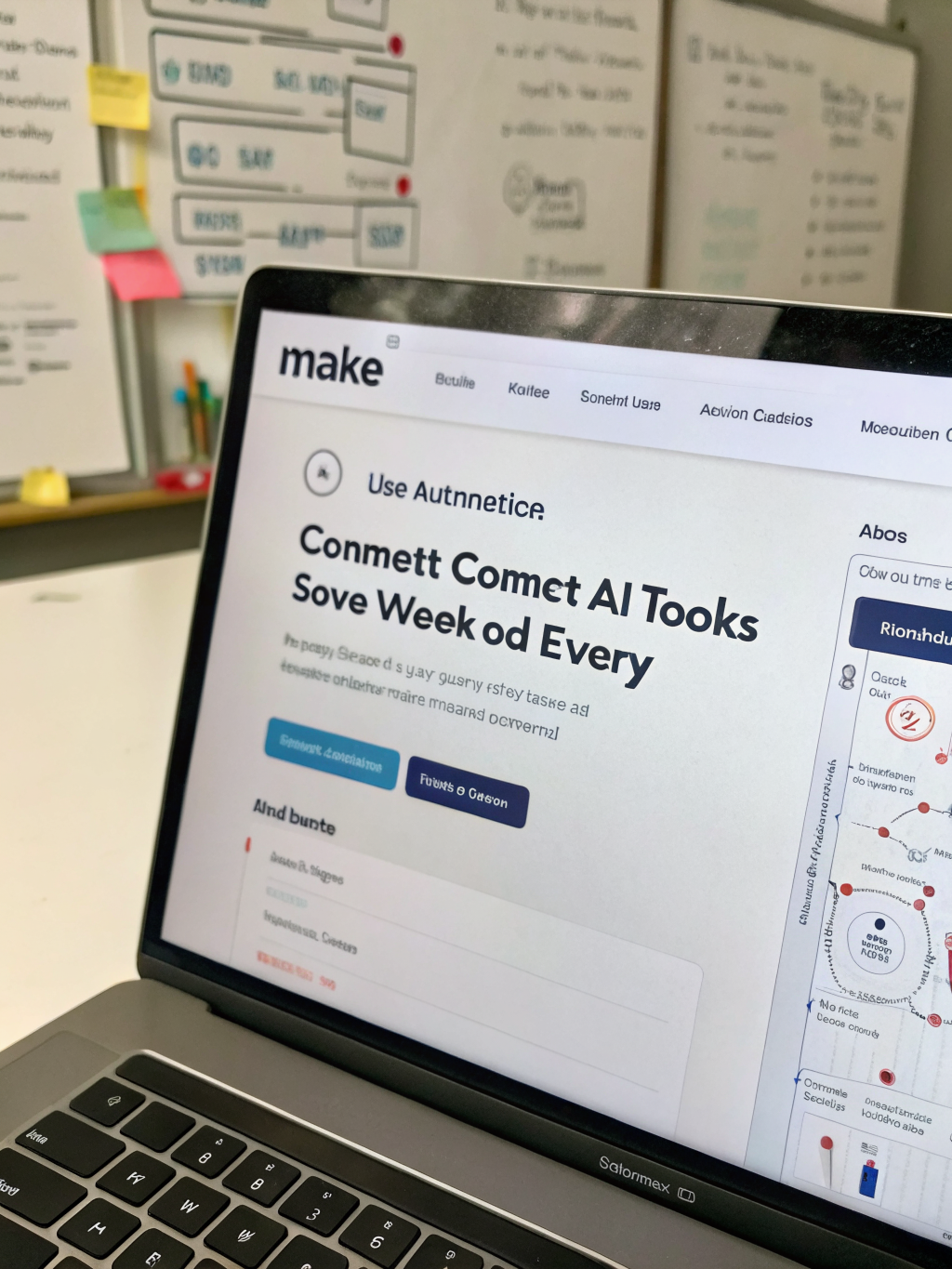
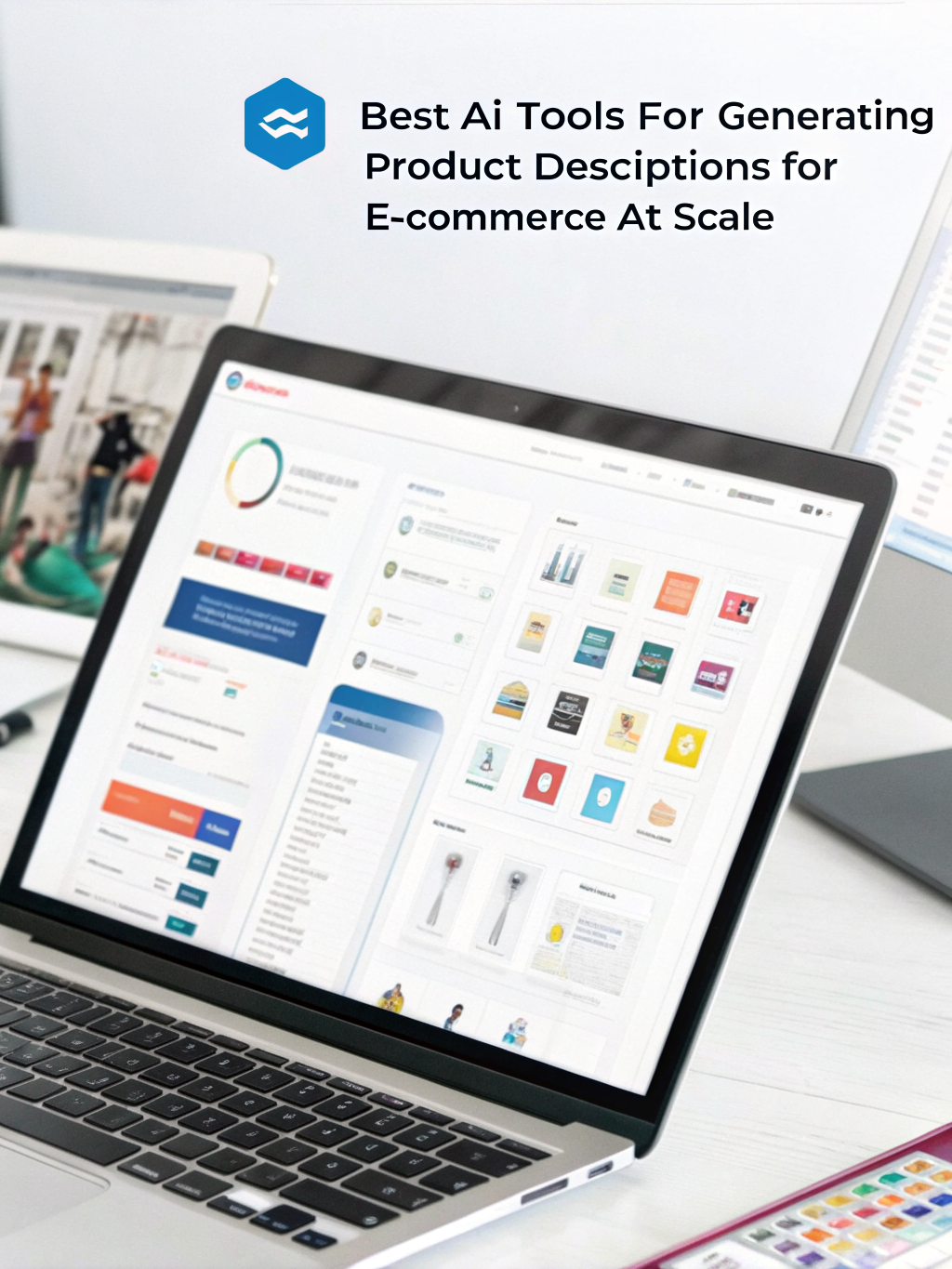

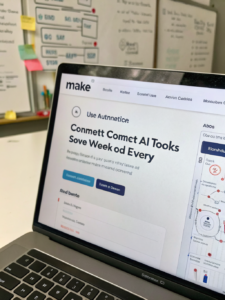

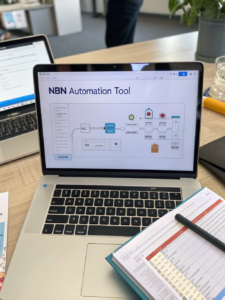
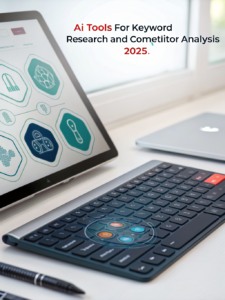

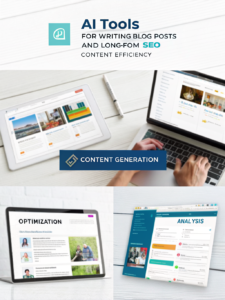

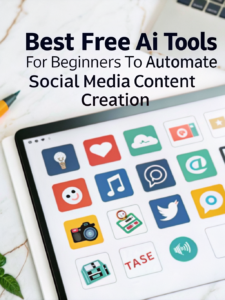

Post Comment